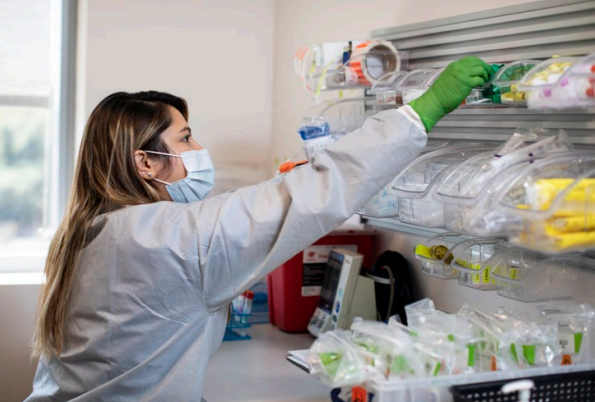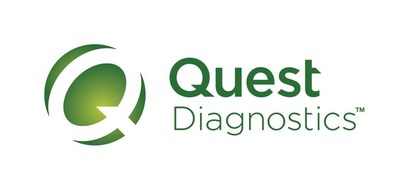Quest Diagnostics Enhances Patient-Centered Care With Streamlined Services, Innovative Testing, and a Commitment to Health Equity in 2023
Originally published in Quest Diagnostics' 2023 Corporate Responsibility Report
We provide each of our patients with high-quality, individualized care, whether they come to Quest for regular monitoring or once-a-year testing.
We’ve evolved our customer-first approach through listening to our patients’ feedback and adjusting our service offerings where possible. In 2023, we took key steps to improve the patient experience through updating technology on our website and in PSCs and incorporating health equity and accessibility in our services, products, and communications.
Improving training on patient care
New training and development programs for our PSRs in 2023 focused on:
- Experience
- Our front-of-house training helps PSRs learn how to act as facilitators, providing additional check-in support and waiting room management in our PSCs at the busiest times of day.
- Hospitality
- Our Everyday Excellence Hospitality training provides patient-centric education to support phlebotomists’ communication skills in creating a welcoming environment for patients.
- Accessibility
- Our Managing Every Patient’s Needs training equips PSRs with the skills to better recognize the needs of patients with impairments, disabilities, or limited English proficiency. More than 90% of PSRs completed this training in 2023.
The appointment was for my father-in-law who is almost 92 and legally blind. The lab tech guided him back to his office, helped him into the chair, then assisted him in getting his jacket off. After blood was drawn, the tech said it was an honor to draw the blood of someone who has seen so much history and who has experienced so much life. It was such a simple statement, but my father-in-law beamed with pride when he left. Thank you for not seeing him as a frail old man and for making his day!”
- FEEDBACK FROM A QUEST POST-VISIT SURVEY, WHICH WE SEND TO ALL PATIENTS WHO RECEIVE TESTING AT OUR PSCs
CREATING A STREAMLINED, EQUITABLE PATIENT EXPERIENCE
Within our PSCs and digital platforms, we made changes in 2023 to meet more patients’ needs. We’ve made the check-in process at PSCs as seamless as possible with self-serve kiosks that provide wait-time estimates for walk-in and standby patients and offer more than 30 language options. Through MyQuest®, our online results portal, patients can now access test results as soon as they are available, rather than waiting for their physician to share them.
Our commitment to health equity includes how our patients access care and interact with our PSRs and PSCs. In 2023, we worked with state health authorities to update our ordering and scheduling systems to properly capture gender identity. Patients who are interested in doing so are now able to share how they identify in advance of an appointment so PSRs can properly address them during their visit.
INNOVATING TO PROVIDE BEST-IN-CLASS TESTING
Our commitment to continuous improvement fueled our work to innovate and expand testing offerings tailored to specific patient populations to better detect disease and related risk factors. These include:
- Apolipoprotein (ApoE) Isoform Test: The ApoE Isoform test assesses a patient’s ApoE status, which can have implications on a patient’s genetic risk for developing Alzheimer’s disease. This test can be ordered along with other tests in the AD-Detect portfolio such as the AD Detect Beta-Amyloid 42/40 ratio test for a more robust risk assessment.
- MRD Testing: In June 2023, Quest acquired Haystack Oncology, a company focused on minimal residual disease (MRD) testing to aid in the early, accurate detection of residual or recurring cancer. Through the acquisition, we will incorporate MRD testing into our blood-based clinical lab services for solid tumor cancers, helping to improve early detection and inform treatment.
- Novel Psychoactive Substances Panel (NPS): Our NPS tests for 88 compounds and focuses on detecting synthetic or “designer” drugs, fentanyl analogues, and other illicit additives. The panel includes testing for xylazine—a sedative rapidly worsening America’s overdose crisis— along with fentanyl.



